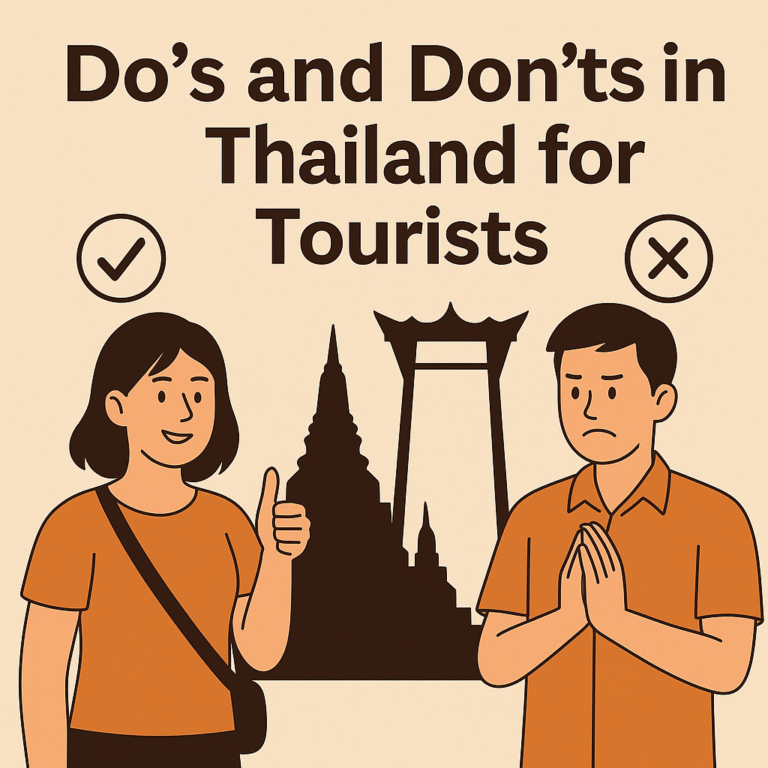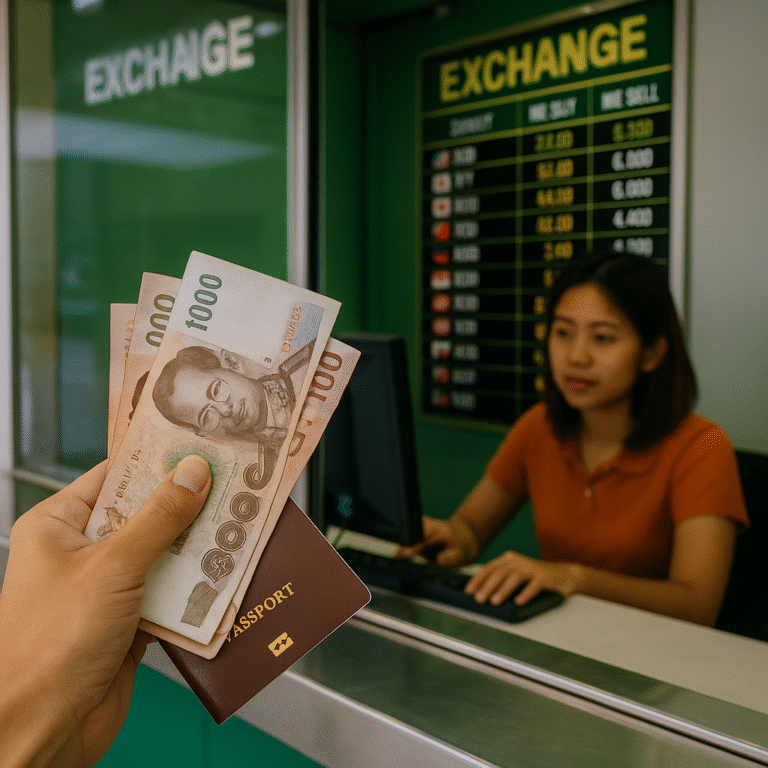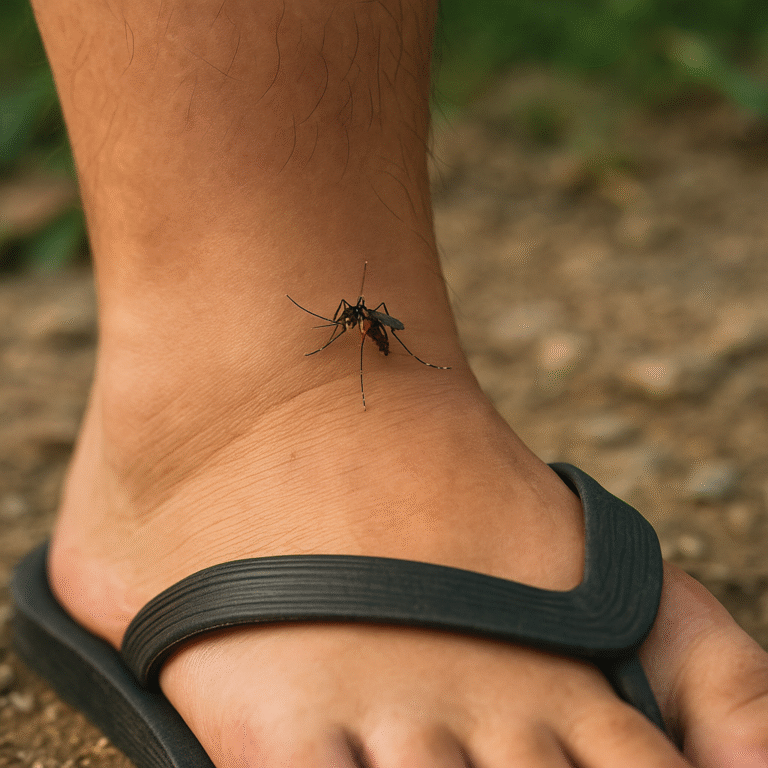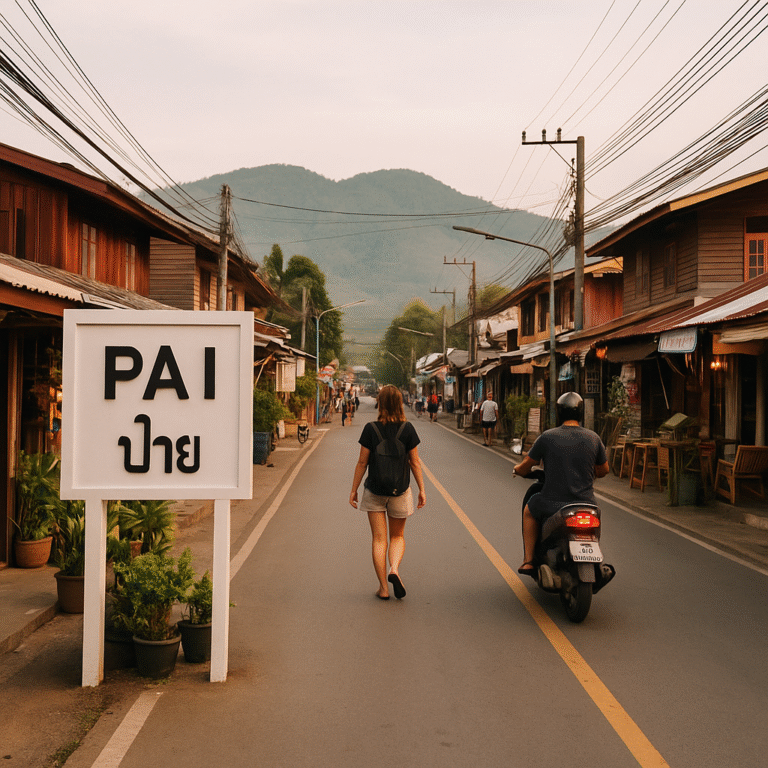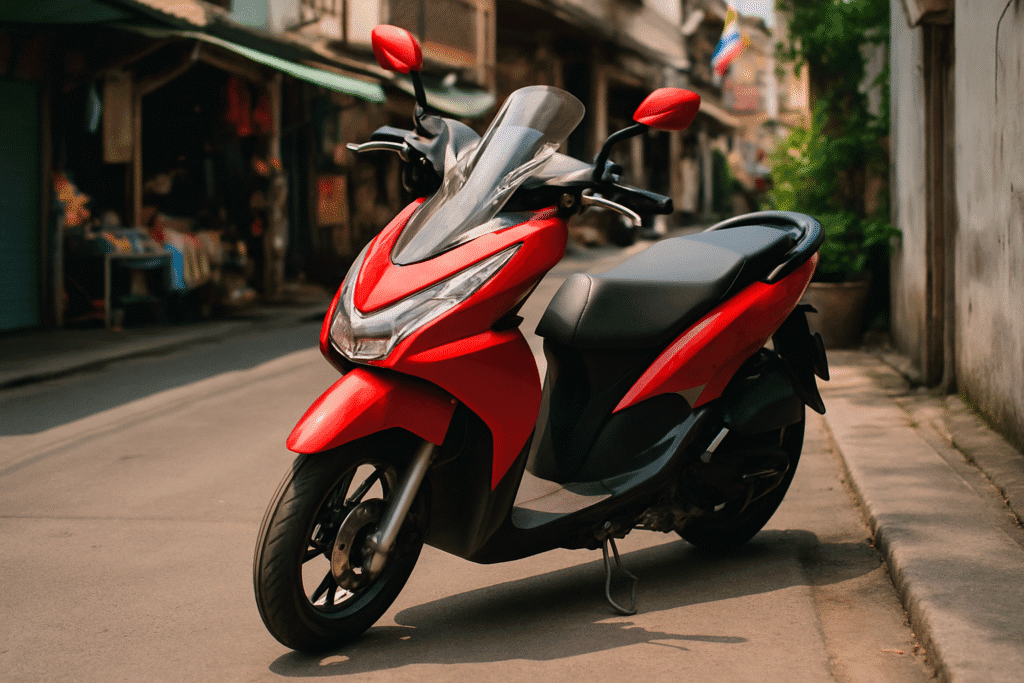
Renting a Scooter in Thailand (2025 Guide): Price, Rules & Tips
Renting a scooter is one of the most popular and convenient ways to explore Thailand. Whether you’re on an island like Koh Samui or in the mountains of Chiang Mai, scooters offer freedom and flexibility. But before you hop on, it’s important to understand the 2025 prices, legal requirements, and safety tips to ride responsibly.
How Much Does It Cost to Rent a Scooter in Thailand?
Scooter rental prices vary depending on the location, scooter type, and rental duration. Here’s a general overview for 2025:
- Standard 110cc–125cc scooter: 150–300 THB/day
- Monthly rental: 2,000–4,500 THB/month (often negotiable)
- Automatic scooters: More common and slightly pricier
- Big bikes (250cc+): 500–1,200 THB/day
Prices are usually lower in Northern Thailand (Chiang Mai, Pai) and higher on tourist islands like Phuket, Koh Phi Phi, and Koh Lipe. In popular areas, some shops offer online reservations or delivery to your hotel, while smaller towns may only accept walk-in customers.
If you plan on renting for a week or more, always ask for a discount. Many shops are open to negotiation, especially in the low season (May–September). Long-term renters often save significantly by skipping daily rates.
Documents You Need to Rent
Most rental shops will ask for:
- Your passport (some take a copy, others may hold it during the rental)
- A cash deposit (1,000–3,000 THB), though some ask to hold your passport instead
- An International Driving Permit (IDP) with a motorcycle endorsement
If you leave your passport as collateral, be sure to get a rental contract and take a photo of it for your records. Holding passports is technically discouraged by Thai law, but many small rental shops still do it.
Is an International License Required?
Yes. By law, foreign tourists must carry an International Driving Permit (IDP) with a motorcycle category. While many rental shops don’t enforce this, police checkpoints often do—and riding without one can result in:
- A fine of 500–1,000 THB
- Confiscation of your license or rental bike
- Invalid travel insurance in case of an accident
Many tourists take the risk, but doing so could leave you financially responsible for damages, hospital bills, or legal issues. If you’re from a country that doesn’t issue an IDP, some Thai cities offer temporary driving permits if you show your home license, but it’s rarely practical for short visits.
Insurance & Liability
Most scooter rentals in Thailand do not include insurance. That means:
- You are liable for all damage, theft, or injury unless stated otherwise
- Any scratches, tire damage, or missing parts may be charged at inflated rates
- Police reports are often required to file a claim if you have outside travel insurance
It’s important to note that even if a shop claims to offer insurance, the coverage is often very limited. Most policies only cover damage to third-party property and not to your rental scooter or yourself. Some rental agreements include a clause that the renter is 100% liable for all damage, even if the accident wasn’t your fault. Always read the fine print before signing anything.
If you’re planning to ride for more than a few days, it’s smart to check if your travel insurance provider covers scooter accidents in Thailand. Some policies require you to wear a helmet and hold a valid motorcycle license to remain eligible for claims. Without proper documentation, insurers may deny your claim — even in emergencies. If you’re uncertain, consider purchasing additional scooter coverage from travel insurers that specialize in Southeast Asia.
Helmet Laws & Safety Tips
Thailand has strict helmet laws, and enforcement varies by region:
- Helmets are legally required for both the driver and passenger
- Police checkpoints frequently fine riders without helmets (usually 200–500 THB)
- Wear closed-toe shoes for added safety — sandals or flip-flops are not recommended
- Inspect the scooter: check brakes, mirrors, tires, and horn before use
It’s common for rental shops to provide low-quality helmets. If you’re renting for several days, consider buying your own from a local shop (starting from 500 THB for decent quality).
Best Places to Rent a Scooter in Thailand
You’ll find scooter rental shops almost everywhere, but these locations stand out for quality and convenience:
- Chiang Mai: Ideal for long-term rentals, great pricing, and quiet roads
- Phuket: Excellent for coastal rides, though traffic is busy in Patong
- Koh Phangan / Koh Tao: Small islands where scooters are the main transport
- Pai: Winding mountain roads with amazing views (but drive with caution)
In Bangkok, traffic is dense and scooter rentals are less common due to safety risks. Taxis, BTS Skytrain, or GrabBike are better options for short distances in the capital.
Do You Need a Scooter in Thailand?
It depends on your destination. In cities like Bangkok or Chiang Mai Old Town, walking, Grab, and tuk-tuks are often enough. But in beach towns, countryside areas, or outer districts, scooters are the most flexible and affordable way to get around.
Here are a few examples:
- Koh Lanta: A scooter is essential unless you book tours or taxis for every outing
- Chiang Rai: A bike lets you explore waterfalls and temples on your own time
- Koh Samui: The island is too big to walk — a scooter gives full freedom
Extra Tips for Renting a Scooter in Thailand
- Take photos and videos before leaving the rental shop
- Keep your rental agreement and shop number on you at all times
- Never drink and ride — DUI laws are enforced and accidents are common
- Use Google Maps offline mode or apps like Maps.me when exploring remote areas
- Rainy season (May–October) brings slippery roads — reduce speed and avoid corners
When parking your scooter, use designated areas or lots. Many tourist areas have parking attendants who may charge a small fee (5–20 THB). Avoid blocking driveways or sidewalks, as illegally parked scooters can be clamped or towed. Always lock the handlebar and take your key — petty theft is rare but not impossible.
For navigation, Google Maps works well in most places, but in mountain areas or islands, the signal can drop. Download offline maps in advance. Also, keep a portable phone charger on hand if you’re using your phone for directions. Some scooters come with USB ports, but it’s not guaranteed.
Conclusion
Renting a scooter in Thailand in 2025 is affordable, fun, and gives you the freedom to explore beyond the tourist zones. But it comes with responsibility. Make sure you have the proper license, wear a helmet, and understand what you’re liable for. Know the rules, drive defensively, and enjoy the ride — Thailand’s beauty is best experienced on two wheels.
Frequently Asked Questions (FAQ)
Can tourists legally ride scooters in Thailand?
Yes, tourists can legally ride scooters in Thailand if they have a valid International Driving Permit (IDP) with a motorcycle endorsement. Local police often check for this at roadblocks, and riding without it can lead to fines or issues with insurance claims.
What happens if I don’t wear a helmet?
Wearing a helmet is mandatory in Thailand. If you’re caught riding without one, you may be fined on the spot (typically 200–500 THB). More importantly, riding without a helmet increases your risk of serious injury and may invalidate insurance coverage in case of an accident.
Is it safe to rent a scooter in Thailand?
It’s generally safe if you follow traffic rules, wear a helmet, and drive defensively. However, Thailand has a high rate of road accidents, especially involving scooters. Always inspect the bike before riding and avoid riding in bad weather or at night.
Do I need experience to ride a scooter?
It’s strongly recommended. Many tourists rent scooters without prior experience, which can be dangerous. Thailand’s roads often include hills, gravel, or chaotic traffic, so you should be confident handling a motorbike before renting one.
Can I rent a scooter without a passport?
Most rental shops require either your original passport or a copy as part of the agreement. Some may hold your passport as security, while others accept a cash deposit. Avoid leaving your passport if possible — offer a photocopy and deposit instead.
Are scooters in Thailand insured?
Basic scooter rentals typically don’t include insurance. You’ll be liable for any damage or loss unless optional coverage is offered. Always clarify insurance details before renting and take photos of the scooter to avoid disputes.




